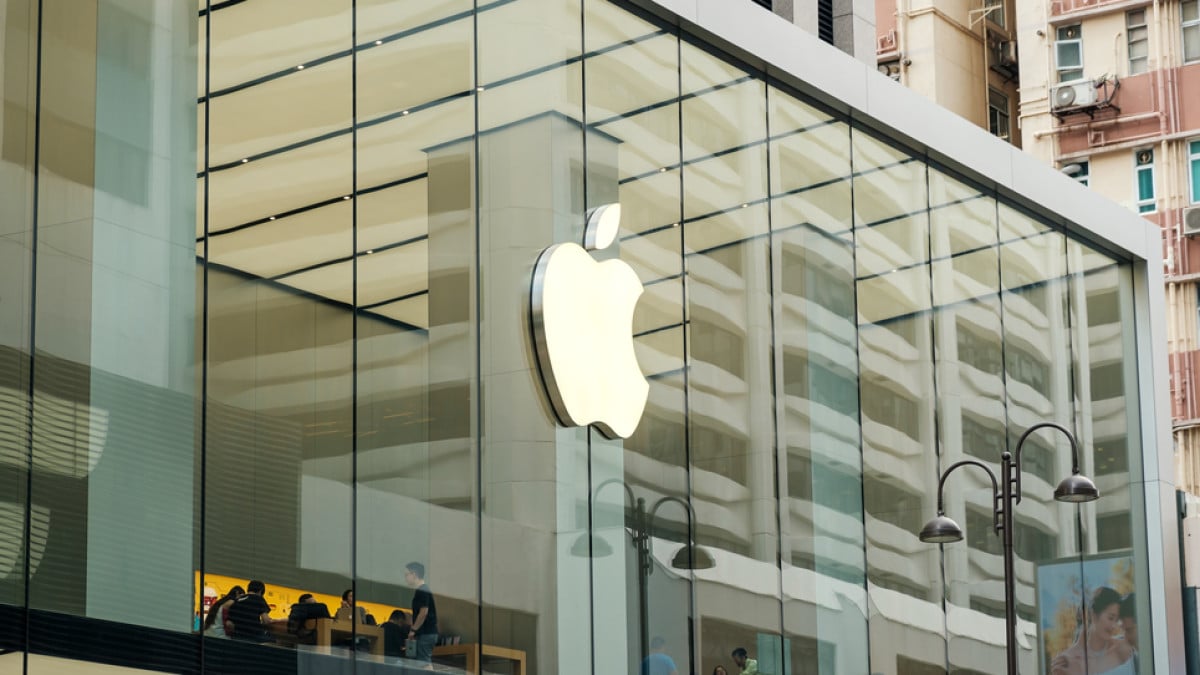
Coinbase dice que Apple bloqueó el lanzamiento de su aplicación por las tarifas de gasolina
- En diciembre de 2021, Coinbase reveló que agregaría compatibilidad con NFT a su billetera de autocustodia, lo que permitiría a los usuarios acceder a mercados como OpenSea a través de la aplicación.
- La plataforma comercial anunció recientemente planes para dejar de admitir Bitcoin Cash, XRP, Ethereum Classic y XLM debido al mal uso.
El proveedor de billeteras criptográficas Coinbase anunció el jueves que los usuarios de IOS ya no podían enviar ni recibir NFT en la billetera criptográfica luego de la interferencia de Apple. De acuerdo a a la billetera de autocustodia, "el reclamo de Apple es que las tarifas de gas requeridas para enviar NFT deben pagarse a través de su sistema de compra en la aplicación para que puedan cobrar 30% de la tarifa de gas".
Coinbase afirmó que no podría satisfacer la demanda de Apple incluso si lo intentara porque el exclusivo sistema de compras en la aplicación del productor de teléfonos inteligentes no permite la criptomoneda. La plataforma comercial afirmó que Apple trató de obstaculizar sus transacciones NFT a través de sus nuevas políticas, que según dijo era "para proteger sus ganancias a expensas de la inversión de los consumidores en NFT y la innovación de los desarrolladores en todo el ecosistema criptográfico". Según Coinbase, el acto fue comparable a que Apple buscara cobrar una tarifa por cada correo electrónico enviado utilizando protocolos abiertos de Internet.
Coinbase señaló que la nueva política afectaría a los usuarios de iPhone, lo que dificultaría el envío de NFT a otras billeteras. Sin embargo, Coinbase cree que el bloqueo podría haber sido un error e instó a Apple a ponerse en contacto con la empresa si hubiera algún problema. Apple ha enfrentado críticas en el pasado por sus cargos, con plataformas como Epic Games y Spotify acusando a Apple de hacer mal uso de su monopolio.
Coinbase no ha tenido la mejor año y ha sufrido mucho por el mercado bajista. Las acciones de la plataforma han bajado más de 80%, lo que significa que cualquier problema con Apple llega en el momento equivocado. Coinbase también tuvo que despedir empleados para reducir costos. Curiosamente, otras empresas de criptografía han adoptado prácticas similares tras la reducción de las actividades comerciales y la presencia de inversores en el mercado.







